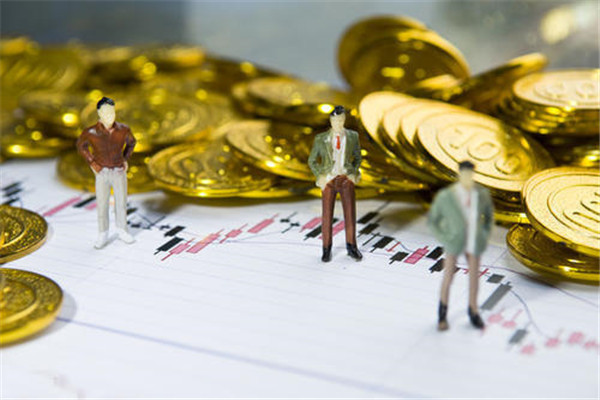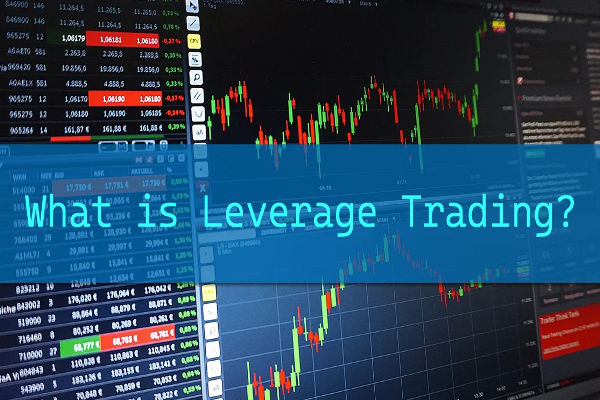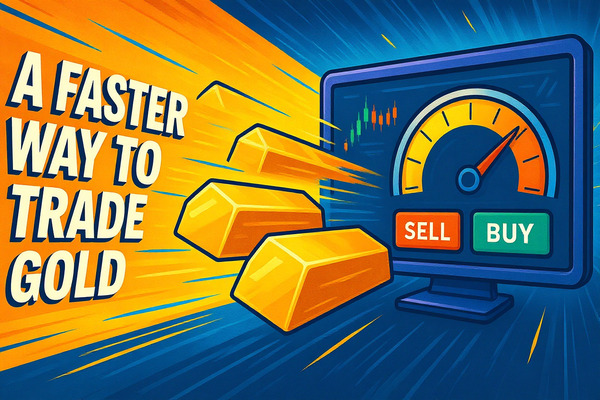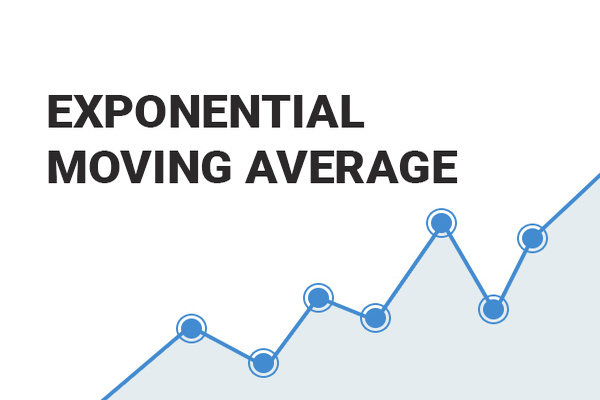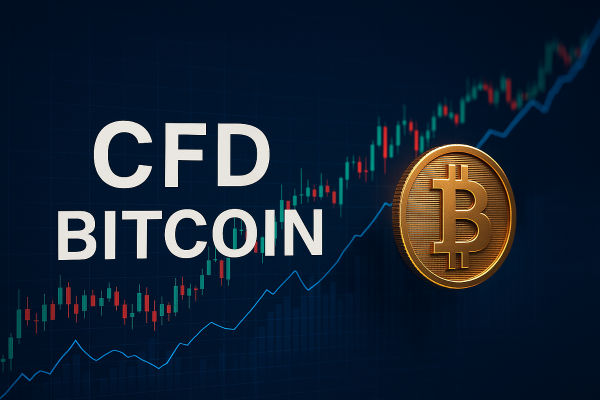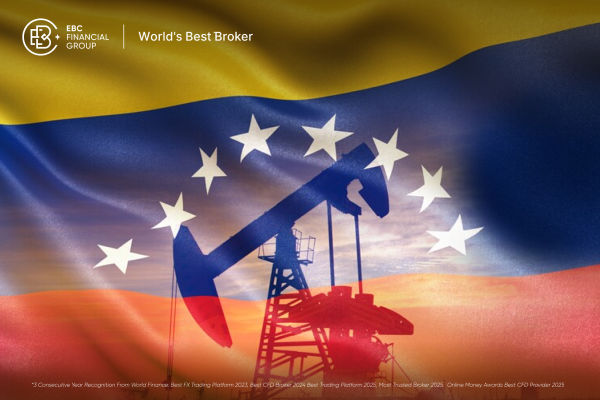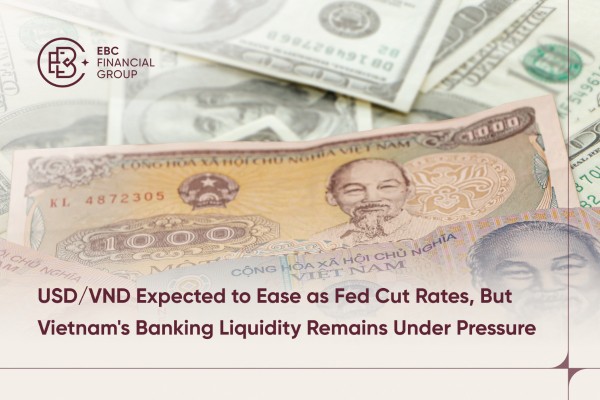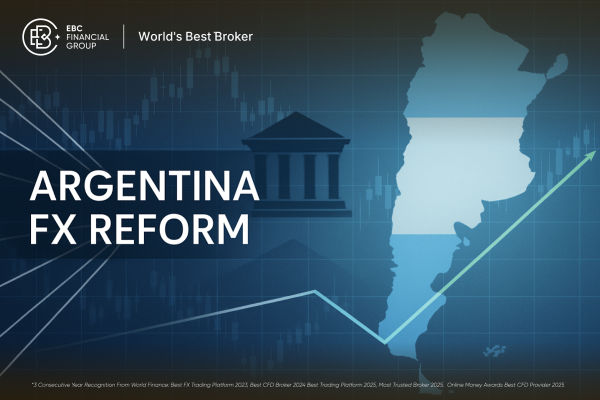Day traders refer to investors who engage in short-term trading in financial markets such as stocks, foreign exchange, and futures. Unlike long-term investors, who hold assets for a long time, the trading cycle of day traders is usually completed within one day. Their goal is to achieve profits by pursuing short-term price fluctuations.
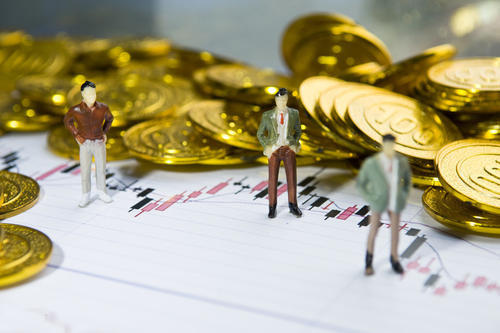
Day traders usually closely monitor short-term changes such as technical analysis, Chart Patterns, and market indicators in the market. They will use technical analysis tools to identify possible buy and sell signals for frequent trading in a short period of time. Day traders usually use strategies such as high-frequency trading, arbitrage trading, or trend trading to pursue short-term profits.
When conducting Intraday Trading, day traders need to closely monitor market dynamics, including stock price fluctuations, market sentiment, important economic data releases, and political events. They need to make quick decisions and adjust trading strategies in a timely manner based on market changes. At the same time, day traders need to have the ability to execute trades quickly and pay attention to risk control to prevent losses due to significant price fluctuations.
Day traders have open disadvantages in the commodity and foreign exchange markets, as they must first earn back the transaction costs in order to make a profit. Suppose a day trader in the foreign exchange market trades 5 euros against the US dollar (expressed as EUR/USD) per trading day, with one transaction per transaction (each contract value of 100000 euros). To make this transaction, the minimum margin is $2000 (the minimum margin may vary depending on the trader, broker, account size, or exchange regulations). Foreign exchange transaction fees (also known as "commissions") are very low, even zero, but day traders must face the spread between buying and selling quotes.
Intraday trading can provide high yield potential for investors with experience and technical analysis capabilities. However, due to high market volatility, intraday trading also carries high risks. Therefore, day traders need to possess rich market knowledge and experience, as well as strict risk control strategies, to avoid potential risks and losses.
